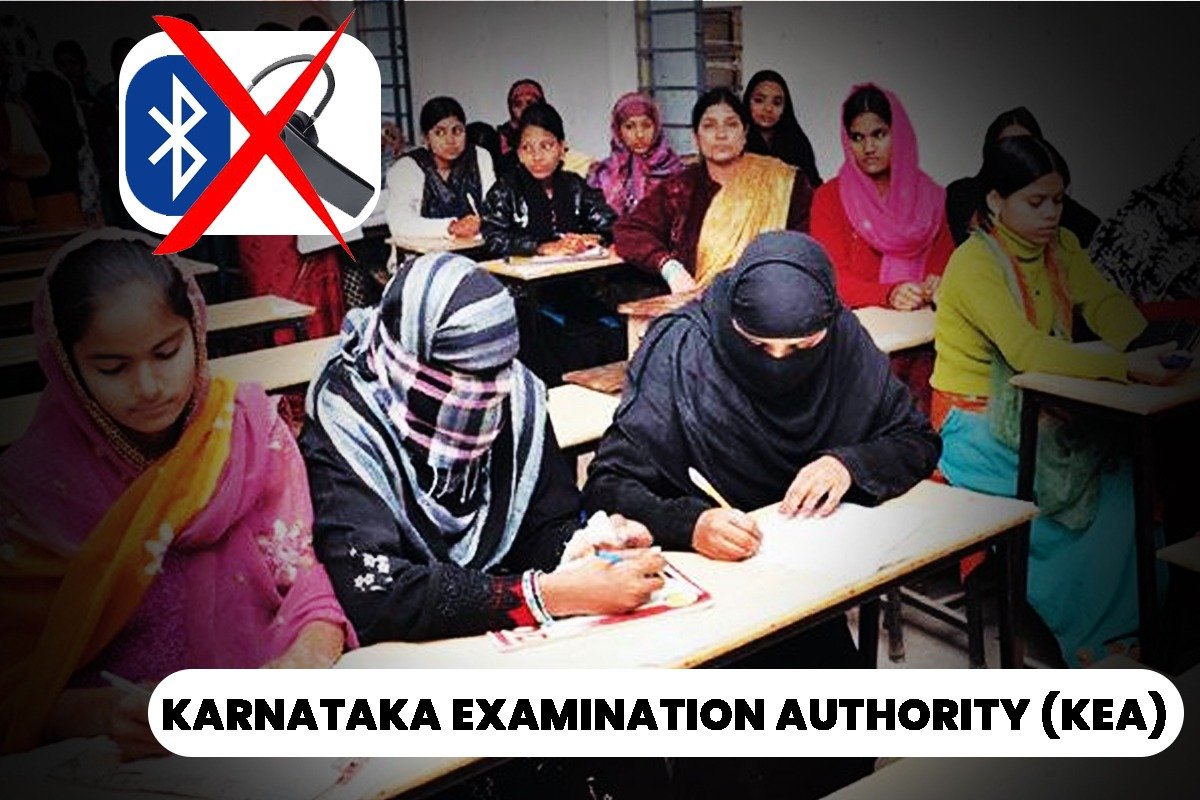Fostering Inclusivity: The Case for Secular Clothing in Examinations
Karnataka Examination Authority (KEA) has implemented a ban on all forms of head coverings during recruitment examinations. The decision aims to ensure transparency and prevent malpractices during the examination process. The prohibition includes religious head coverings such as hijabs, turbans, and any other form of headgear. This move has sparked debates about religious freedom and the right to expression, with concerns raised by various communities. The state government’s decision is framed as a measure to maintain the integrity of recruitment exams and eliminate the possibility of unfair practices.
In the mosaic of diversity that defines modern educational institutions, the question of dress codes has become a focal point for discussions on inclusivity and equality. The idea of adopting secular clothing in all educational institutions is rooted in the aspiration to educate, train and recruit people based on merit instead of their identity. The ban will create an environment that transcends religious affiliations, fostering unity and eliminating potential sources of division. The essence of secular clothing lies in its neutrality – attire that does not bear the markings of religious symbols or affiliations. This approach aims to shift the focus from external differences to shared values, creating an environment where students from diverse religious backgrounds feel accepted, valued, and equal.
When everyone dresses in a similar, neutral manner, it levels the playing field and minimizes the potential for discrimination based on religious beliefs. This equality extends beyond physical appearance to create an atmosphere where all students, regardless of their religious background, can engage on an equal footing. Examinations used to be impartial events, focusing on the academic process and hard work rather than students’ attire. However, with the rise of hijab-related controversies post-9/11, reflecting the assertion of Muslim identity globally, the landscape has shifted.
The introduction of technology has also brought concerns about cheating through devices like Bluetooth, remote devices, phones, and earphones. While educational institutions strive to combat cheating, the rules implemented to ensure fairness often intersect with religious freedom and the expression of ethnic and religious identities. Unlike Sikh students and college-going women who traditionally wore the subcontinental dupatta during exams, they did not encounter similar challenges. Even norms about wearing monkey caps by men during cold days were influenced by uniform policies.
The Karnataka Examinations Authority (KEA) maintains that its decision to ban headgear is aimed at preventing malpractices during exams, underlining the necessity for cooperation from both parents and students. Understanding the intention behind this restriction is crucial to ensure transparency, preserve the sanctity of examinations, and effectively curb unfair practices. So even though the State government is retracting the KEA decision, all institutions where people are educated, trained and recruited based on merit instead of identity should encourage a secular dress code.
Cultural neutrality is a fundamental principle underlying the adoption of secular clothing. It is not about suppressing cultural or religious diversity but rather about creating an environment where cultural expressions are respected without being tied to religious affiliations. This approach acknowledges and celebrates diversity while emphasizing a common ground that transcends religious boundaries.










